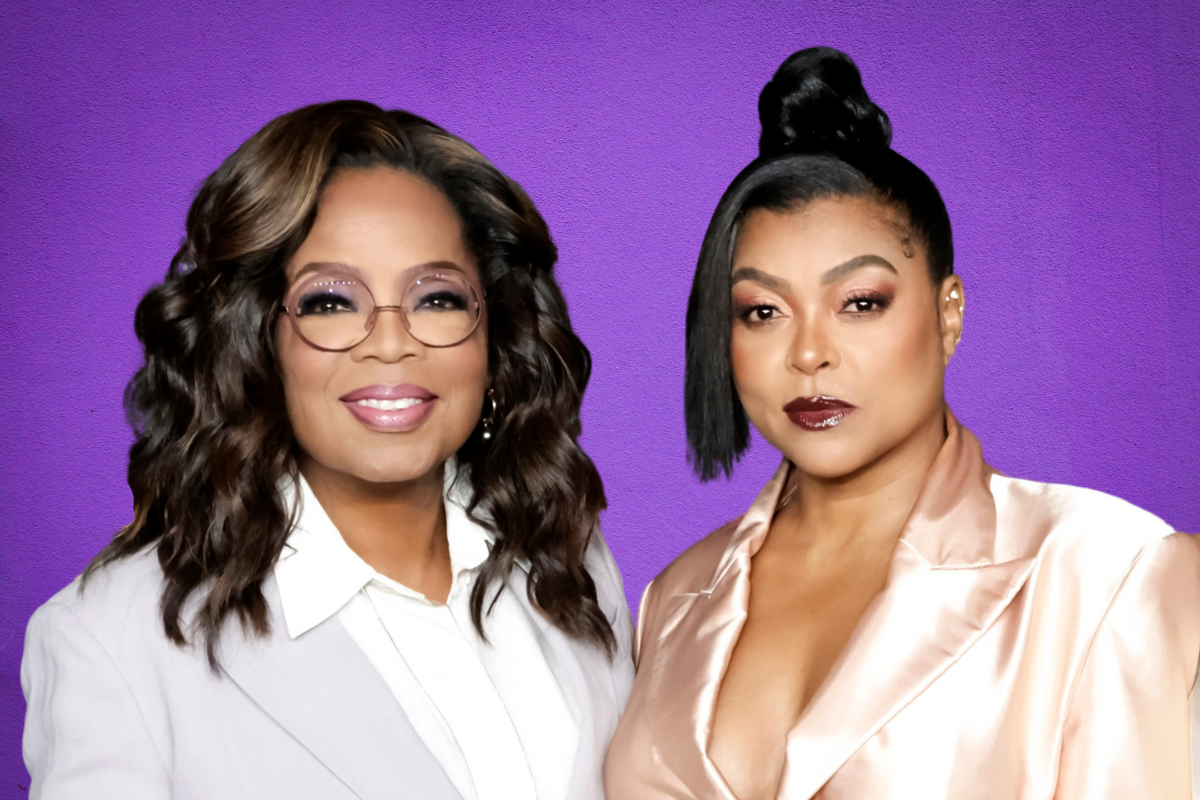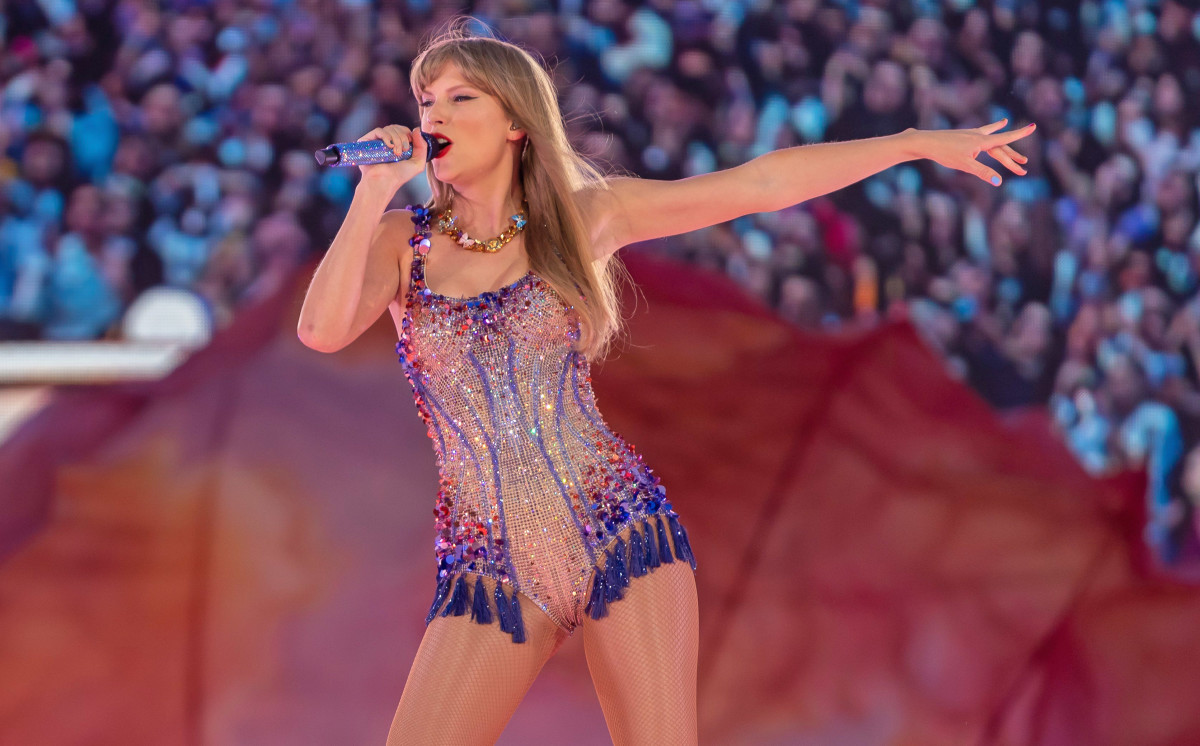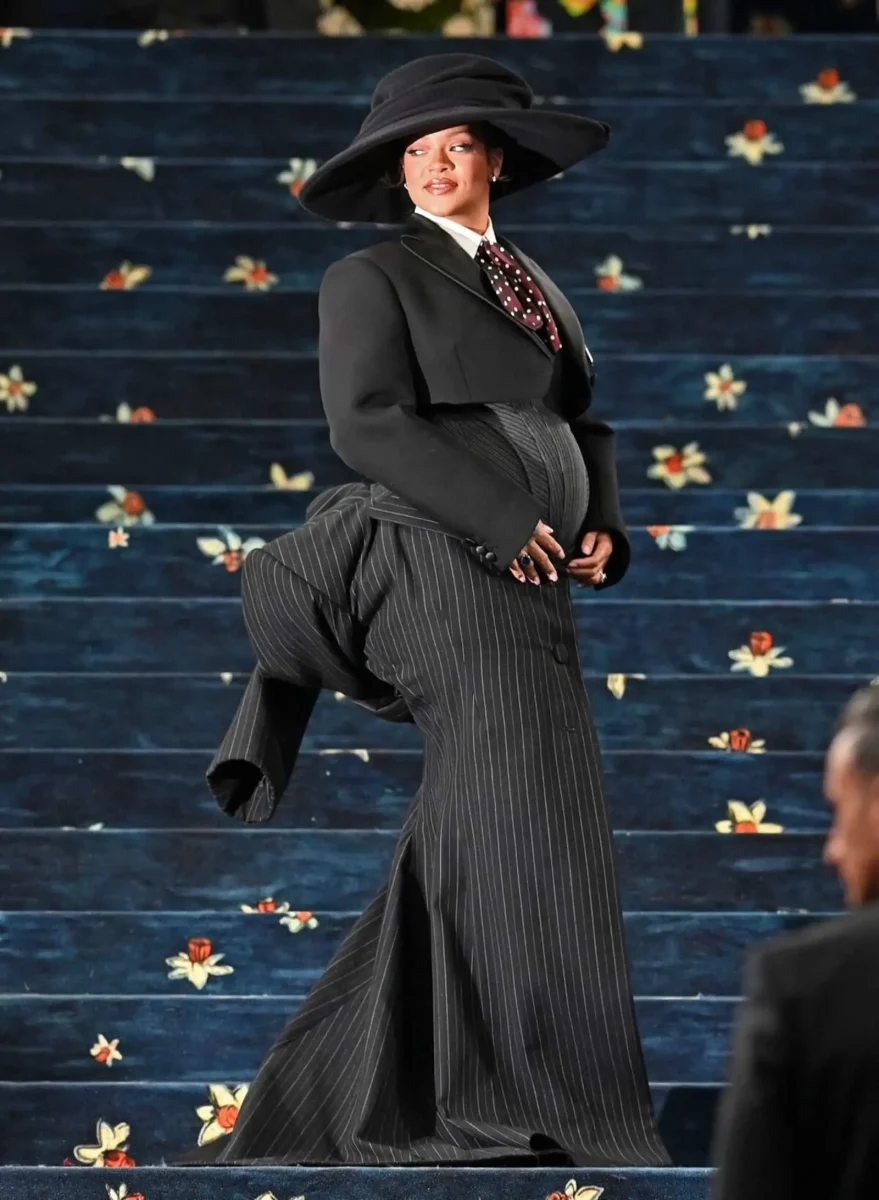On December 25, the musical adaptation of the novel The Color Purple was released in theatres. In addition to being a comedy that shows the reality of African Americans in society early in the 20th century, it’s perfectly adapted to the challenges of the African diaspora. What’s more, it features a cast of renowned celebrities!
The comedy tells the story of two separated sisters, Celie and Netti, played by Fantasia Barrino and Halle Bailey, whose only goal is to find each other despite several obstacles. The actress Fantasia Barrino was able to get the public to feel all her pain through the role of Cellie, a young woman victim of incest and subsequently sold to a violent husband. It’s only when she meets other strong women that she regains her composure and becomes a free woman.
You’d think this would be a good comedy about feminism and the black cause until you realize that some of the actors have been poorly paid. Indeed, it was during the promotion of the film that Taraji P.Henson, the actress who plays Shug Avery, burst into tears during an interview with Gayle King. She declared: “I’m just tired of working so hard, being gracious at what I do getting paid a fraction of the cost. It seems every time I do something I break another glass ceiling when it’s time to renegotiate. I’m at the bottom again, like I never did what I just did and I’m just tired”. It might seem indecent that an actress like Taraji, with over 20 years’ experience and many awards to her name, should complain about such a low salary, but she’s not the only one – other actresses such as Viola Davis have also spoken out on the subject. But who is really to blame for these inequalities? In the case of The Color Purple, the culpability lies with Oprah Winfrey, the producer. According to many, she wouldn’t have been very helpful in the salary discussions. Many wonder how the richest black woman in the world didn’t lift a finger, but the world of Hollywood remains cruel.
The actress wanted to lift the veil on wage inequality, to fight for the cause of black women. This won’t be the first or last time that inequalities arise in the film industry, so let’s hope Taraji’s message is heard.







